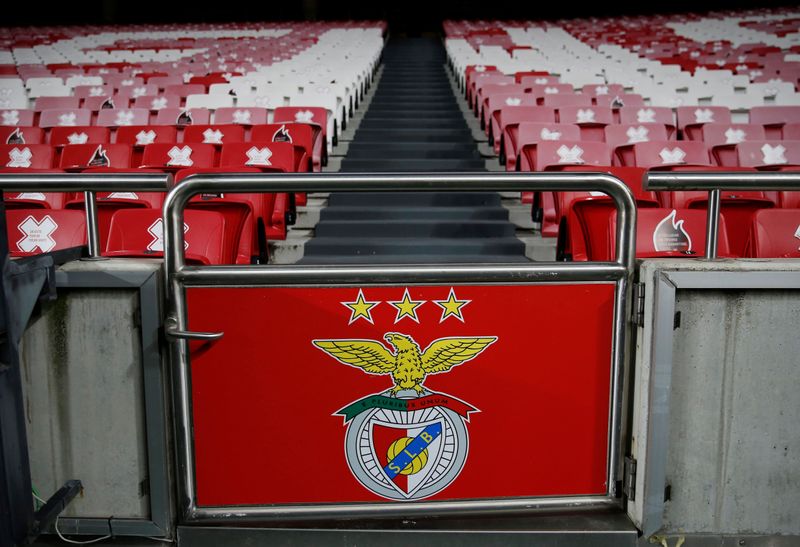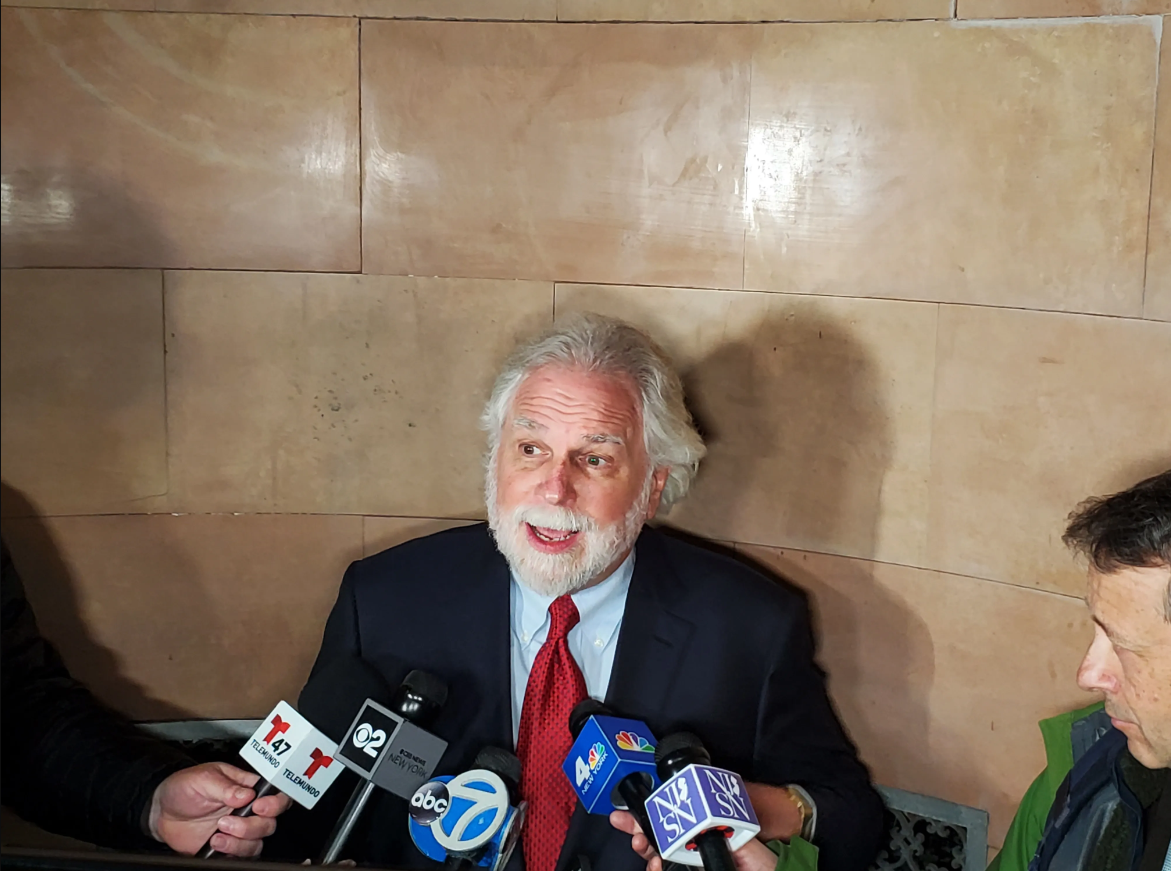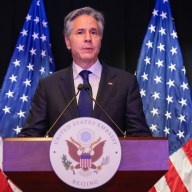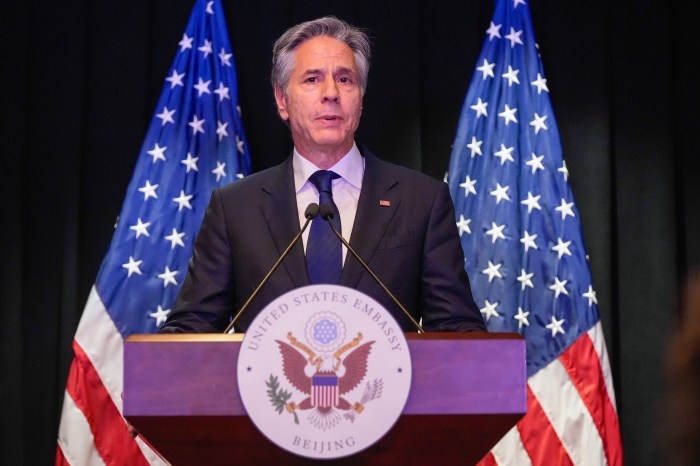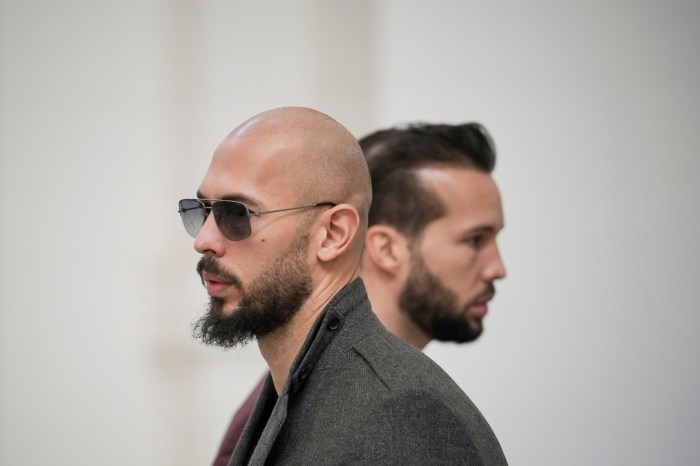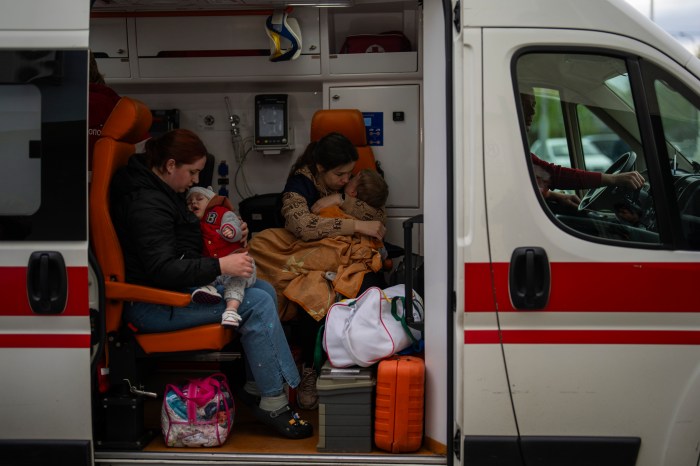LISBON (Reuters) – Groups representing journalists and lawyers in Portugal complained of a threat to press freedom on Wednesday, after prosecutors acknowledged having spied on two reporters to try to ferret out their sources in a case against soccer club Benfica.
The prosecutor’s office acknowledged late on Tuesday it had asked police to spy on the journalists in 2018, after the reporters published confidential details about an investigation into Portugal’s biggest soccer team.
The head of Portugal’s Bar Association, Luis Menezes Leitao, told ECO news outlet the spying on the journalists was “extremely worrying” as it could undermine media freedom.
The SJ journalists’ union called the incident a threat to the “exercise of free and independent journalism”.
The two journalists had both published details of an investigation into what became known as the “electronic mole” scandal, in which prosecutors accused Benfica of illegally accessing judicial records to get tipoffs on other investigations involving the club.
Benfica has since been cleared, although one former employee of the club and a judicial officer are still awaiting trial.
DIAP, the investigative arm of Portugal’s prosecutor’s office, said the investigation into the club had been conducted under rules barring the disclosure of information to the public.
After the reporters published details, it had asked police to put the two them under surveillance, because it was of “extreme” importance to discover the source of the leaks, it said, describing the surveillance as legal.
According to the Portuguese constitution, journalists have the right to “access sources of information” and to protect them.
(Reporting by Catarina Demony; Additional reporting by Sergio Goncalves; Editing by Ingrid Melander and Peter Graff)

